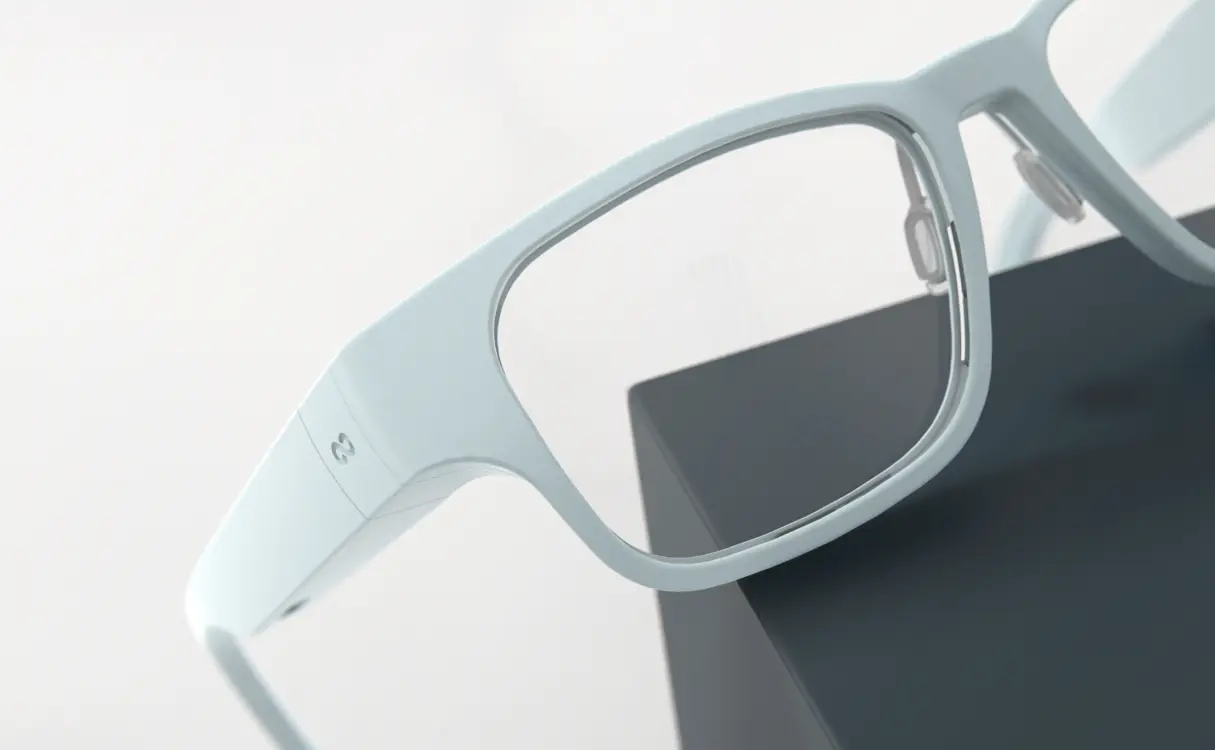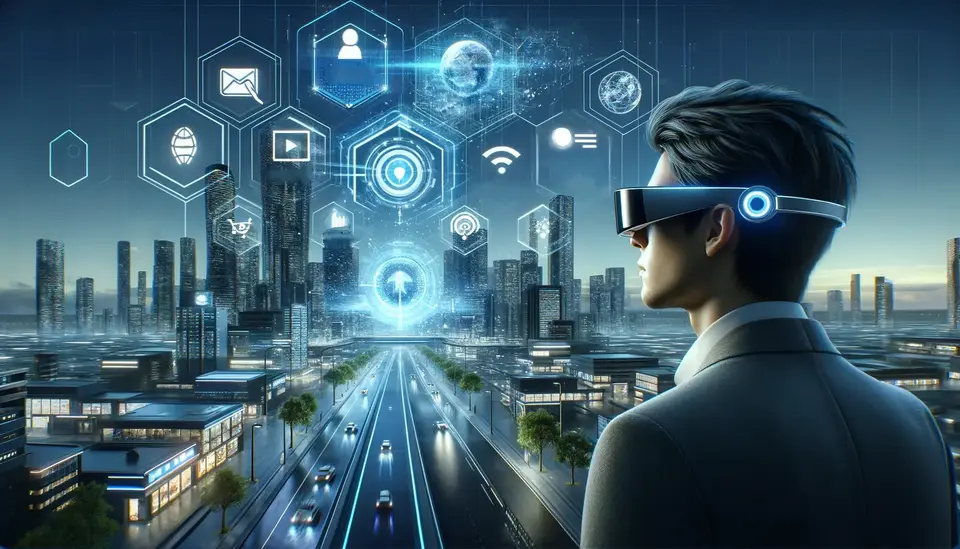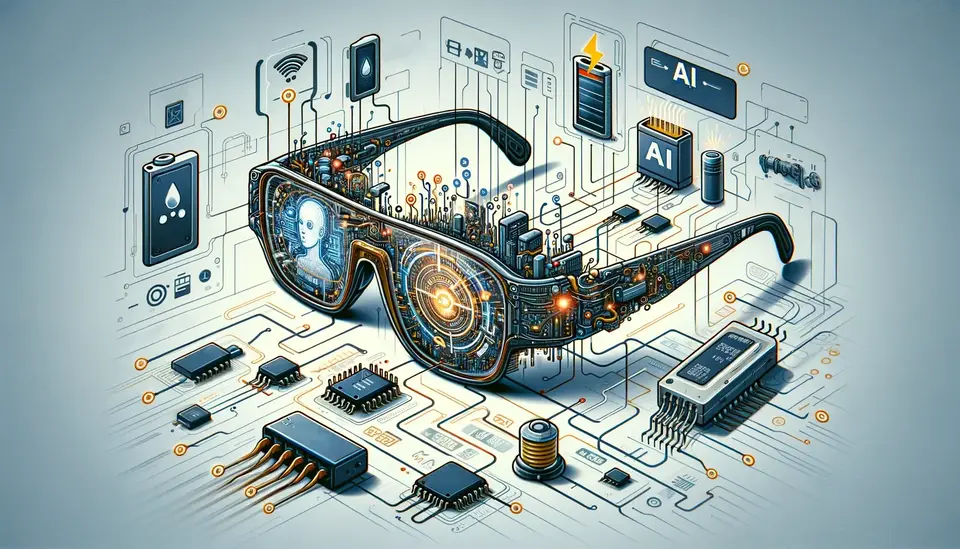What are the harms of Smart Glasses?
Posted on April 10, 2023 3 minutes 496 words
Table of contents
Smart glasses have rapidly gained traction in recent years, offering users an innovative, wearable tech experience. From augmented reality (AR) applications to real-time language translation, smart glasses are transforming the way we interact with the world around us. While the benefits are undeniable, it’s essential to understand the potential risks and harms associated with this technology. In this blog post, we’ll explore the concerns surrounding privacy, security, health, social implications, and legal issues that come with the adoption of smart glasses.
Privacy Concerns
The rise of smart glasses has sparked a heated debate around privacy rights. These devices often come equipped with cameras and microphones, enabling users to record their surroundings discreetly. This capability raises concerns about the potential for covert surveillance and invasion of privacy for both users and bystanders. Furthermore, facial recognition software and data collection practices can pose ethical challenges, as companies may amass and monetize sensitive personal information.
Security Risks
Smart glasses, like any connected device, are vulnerable to security threats. Hackers may exploit weak security measures to access sensitive personal information, including location data, passwords, and more. To minimize these risks, users should take precautions such as using strong passwords, enabling encryption, and employing two-factor authentication to protect their data.
Health Effects
While smart glasses aim to enhance user experiences, they can also pose health risks. Prolonged use may cause eye strain and discomfort due to the close proximity of screens to the eyes. Additionally, blue light emitted from these devices can disrupt sleep patterns, leading to insomnia and other sleep-related issues. Users should also be aware of the potential for accidents, as distractions from smart glasses can reduce situational awareness.
Social Implications
As smart glasses become more ubiquitous, their impact on social interactions and communication cannot be ignored. The technology may contribute to the erosion of face-to-face communication and foster a sense of disconnection. Moreover, the risk of addiction to these devices may exacerbate the “always-on” culture, where individuals feel compelled to be constantly connected. Lastly, the digital divide could deepen, as not everyone can afford the latest smart glasses, creating disparities in access to technology.
Legal and Regulatory Issues
Smart glasses are entering a legal grey area, with regulations struggling to keep up with the technology’s rapid development. Current and future regulations may restrict the usage of smart glasses in certain settings and situations. Legal issues such as copyright infringement and harassment may arise from the technology’s widespread use, necessitating clear guidelines and enforcement.
Conclusion
The potential harms of smart glasses must be carefully considered as the technology continues to evolve. While offering numerous benefits, smart glasses also raise concerns about privacy, security, health, social implications, and legal issues. Users should weigh the pros and cons before adopting this technology and practice responsible use to minimize risks. Additionally, regulatory bodies must play an active role in ensuring user safety and privacy, striking a balance between innovation and protection.








